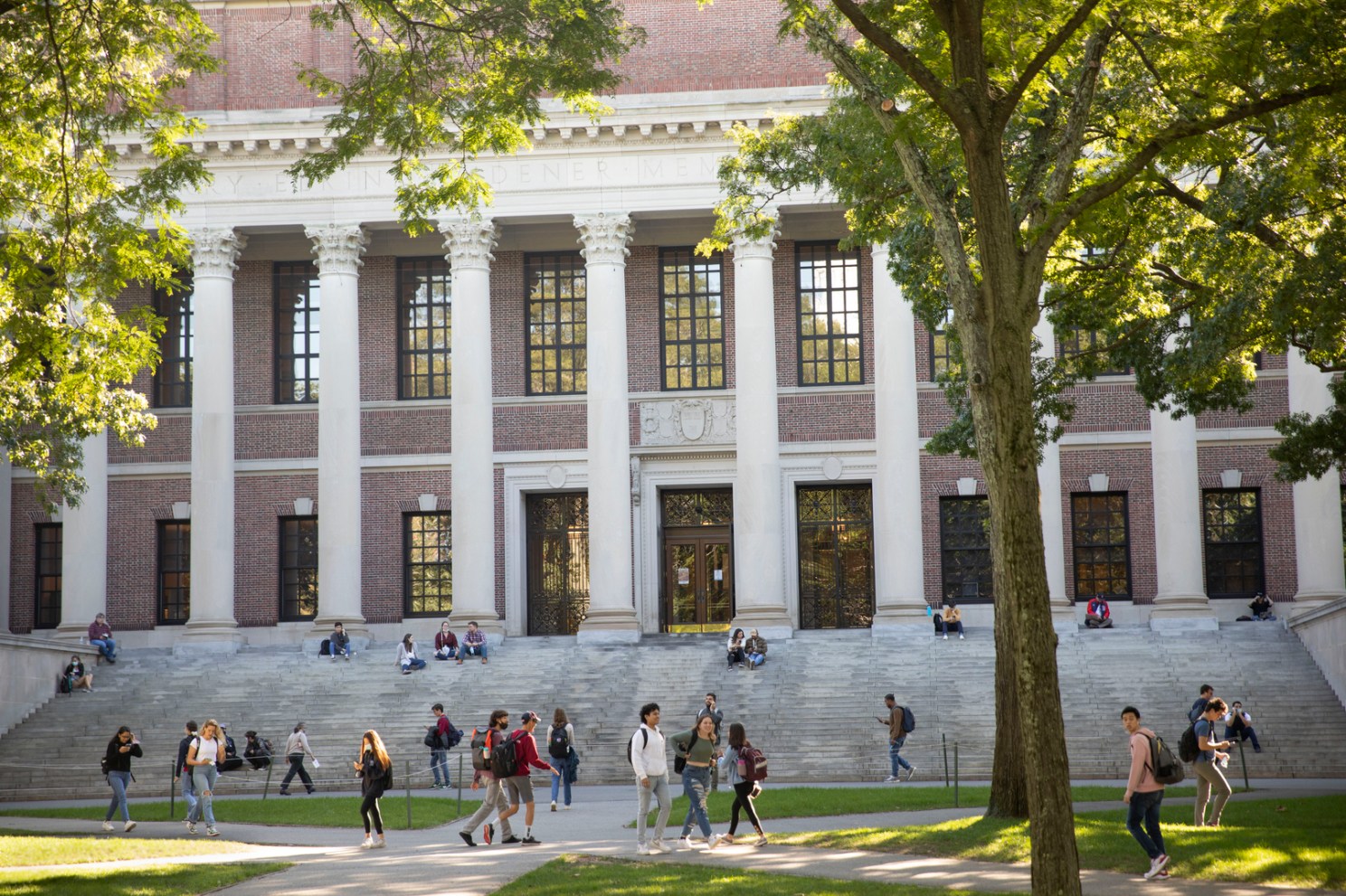Two Harvard researchers have been selected for the fifth cohort of Schmidt Science Fellows, a postdoctoral fellowship program focused on harnessing the power of interdisciplinary science for the public benefit.
The Harvard winners include graduate students Alexander Heyde and Jason Qian.
Heyde is a Ph.D candidate in mathematical biology, studying the evolutionary dynamics of morphogenesis and tumorigenesis, with a focus on clonal heterogeneity and expansion. He plans to develop quantitative models of the progression of cancer and heart disease in the body, enabling better therapeutic approaches to improve our lifespan. Qian is a Ph.D student at Harvard Medical School. He has developed a microbial system that can be used to safely and reliably label items as they progress through different locations. As a Schmidt Science Fellow, Jason aims to pivot into machine learning to explore the enormous diversity of organisms that exists in nature.
The award is funded by Schmidt Future, a philanthropic initiative co-founded by Eric and Wendy Schmidt, and the Rhodes Trust, that aims to equip the next generation of scientists and engineers to collaborate across disciplinary boundaries. Fellows are supported for at least one and up to two years with a $100,000 per year stipend.
The launched in 2017 focuses on funding interdisciplinary approaches to break down silos among scientific fields in order to solve the world’s biggest challenges and support our future leaders in STEM.
“Our latest group of Schmidt Science Fellows embodies our vision for this Program at its inception five years ago,” said Eric Schmidt, co-founder of Schmidt Futures and former CEO and Chairman of Google. “We find the most talented next-generation leaders from around the world and back these impressive young adults with the resources and networks they need to realize their full potential while addressing some of the big scientific questions facing the world. Congratulations to the 2022 Schmidt Science Fellows, I am excited to see where your science takes you and what you will achieve.”





